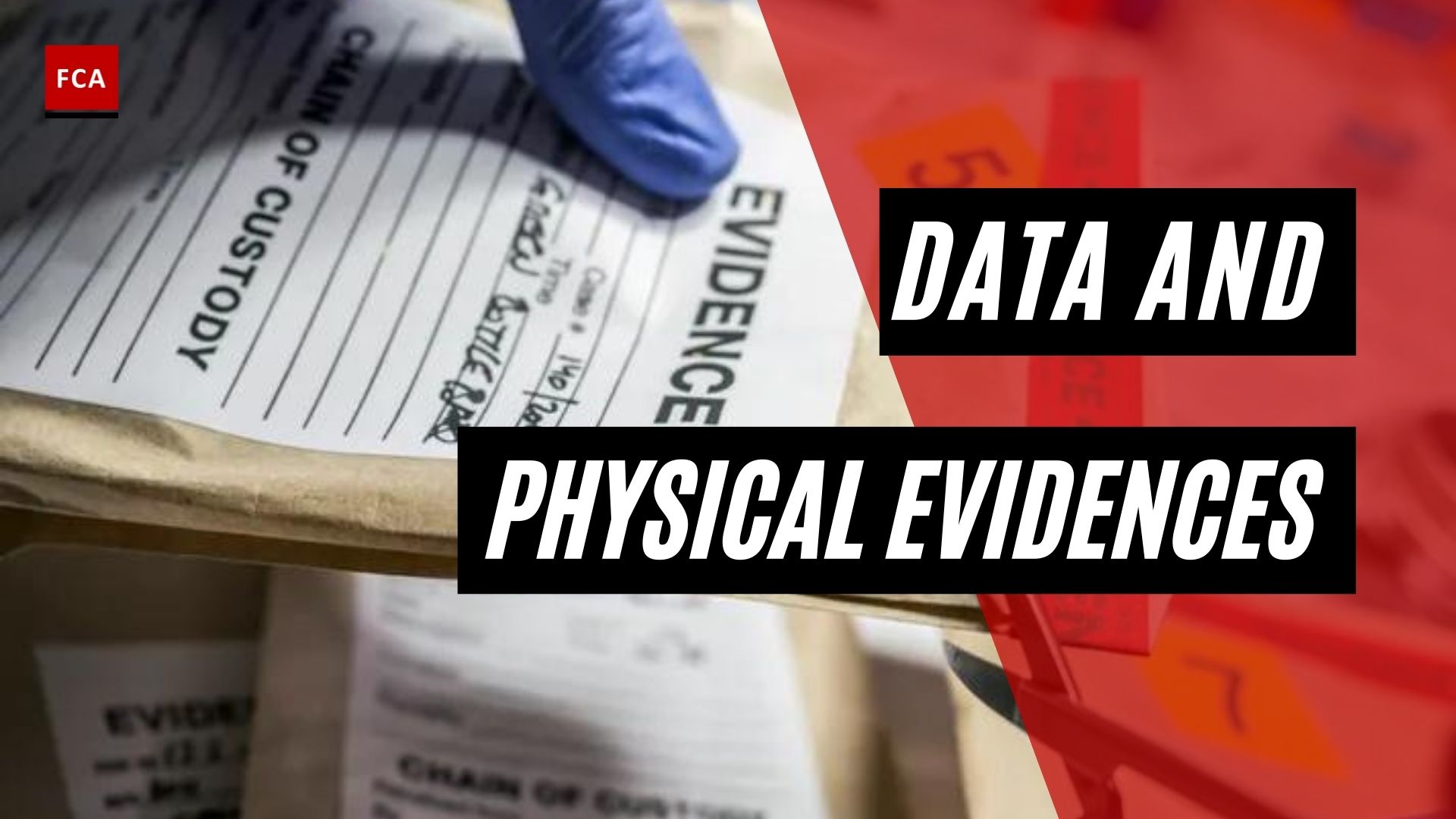Types of fraud. Essentially, fraud is any financial losses to the company caused by the dishonesty of employees, suppliers, or customers. However, it can take some different forms. Running a business is difficult enough when everything goes well. When you’re an entrepreneur, however, the unexpected happens. You must prepare for every possible scenario, including fraud.

Types Of Fraud
Business fraud is more common than you might think. It is critical that you understand how to avoid and deal with fraud if it occurs.
According to the Association of Certified Fraud Examiners, small businesses with fewer than 100 employees suffer a median loss of $154,000 due to fraud (ACFE). This figure is higher for small businesses than for most large corporations. Employees and customers are just two examples of people who may exploit your small business. Recognize the various types of business fraud and learn how to protect yourself.
Ponzi Schemes
A Ponzi scheme is a fraudulent investment scam that gives the appearance of paying its investors profit, for example, at a set percentage each month. In reality, the returns paid to investors come from their own money or subsequent investors’ money in the scheme. A Ponzi scheme frequently offers investors a high rate of reward to entice them into the scheme, meaning that the scam can continue for a long period due to investors’ willingness to invest significant capital sums on the false assumption that they are receiving high levels of return.
Corporate Fraud
Many types of fraud can be committed in a corporate environment, both at the employee and boardroom levels. These include market abuse or insider trading, falsification of accounts, use of confidential information and trade secrets for personal gain, procurement fraud, false expenses claims, payroll fraud, and extraction fraud via false invoicing.
Mortgage / Property Fraud
Any mortgage obtained by providing false information, whether as to the value of the property or the value or source of a deposit, means that it will have been obtained fraudulently. The evolution of technology and the ability to process applications online with little face-to-face contact is one of the reasons the number of fraudulent loan applications has increased. Property fraud can arise in other contexts too.
Money Laundering
Money Laundering is the process by which criminally-obtained money is converted to make it appear as if it were obtained legitimately. Money laundering in legal terms is any dealings with the proceeds of crime, so fraud and money laundering will often go hand in hand. We discussed money laundering in detail earlier in this course.
IP Infringement
Business’ Intellectual Property rights, particularly its name, are perhaps the most important asset a business owns since they encompass its entire identity. However, the definition of IP is extremely wide, including much more than the name of the business, extending to its copyright, designs, patents, and trademarks. IP Infringement occurs where it is suspected that information is either used under pretense or information has been taken to sell it back to the business.
Phishing
Phishing involves the use of email or pop-up messages that appear to be from an organization, for example, a bank, asking a customer for information concerning their account, such as requiring them to confirm, update or validate their details. The email may direct a customer to an artificial site, which will look like a legitimate site of the organization that the fraudulent email was supposedly sent from. The fraud takes place on the back of the information supplied.
Final Thoughts
Fraud is defined as any deceptive activity carried out by an individual with the intent of obtaining something through illegal means. Deception is a key term in fraud, in which the perpetrator leads their victim to believe an untruth in order to obtain a benefit or value.
The real estate industry, specifically in selling and buying, as well as falsifying documents such as taxes and medical insurance claims, is the most common place where fraud occurs. Fraud is not uncommon and is frequently committed by individuals, organizations, and even businesses.









